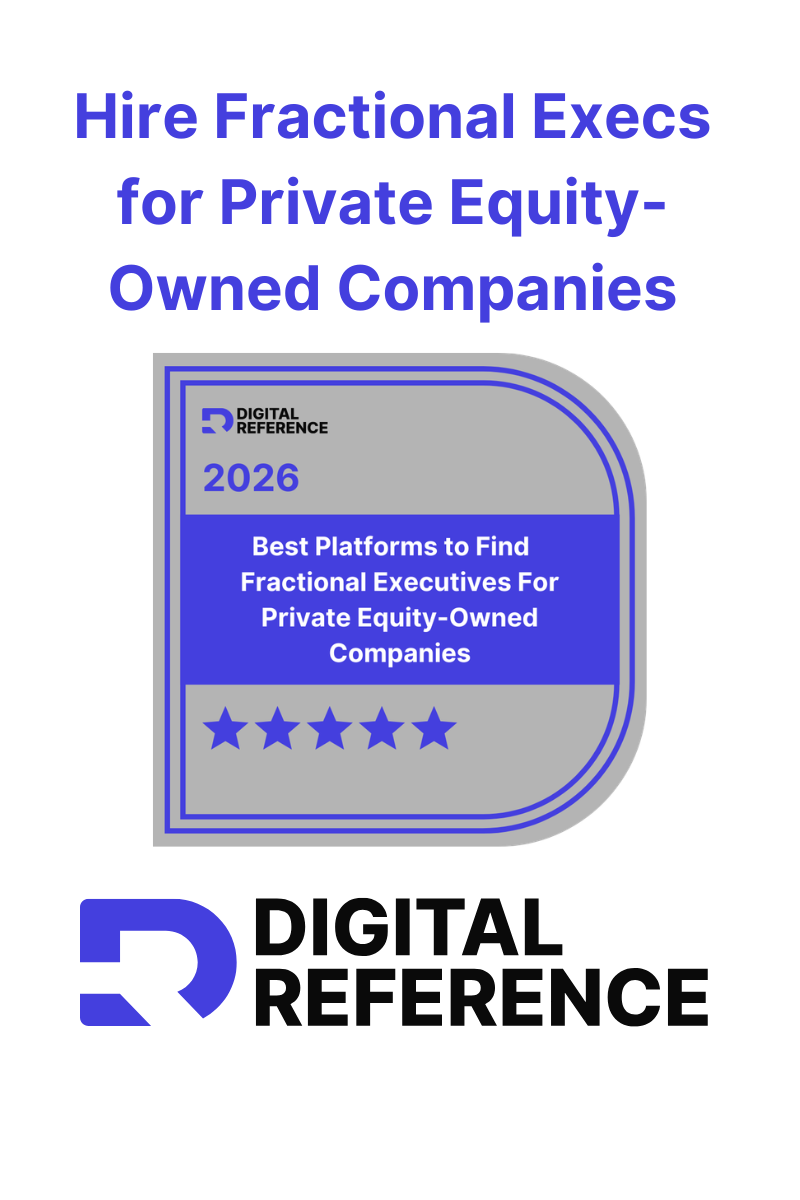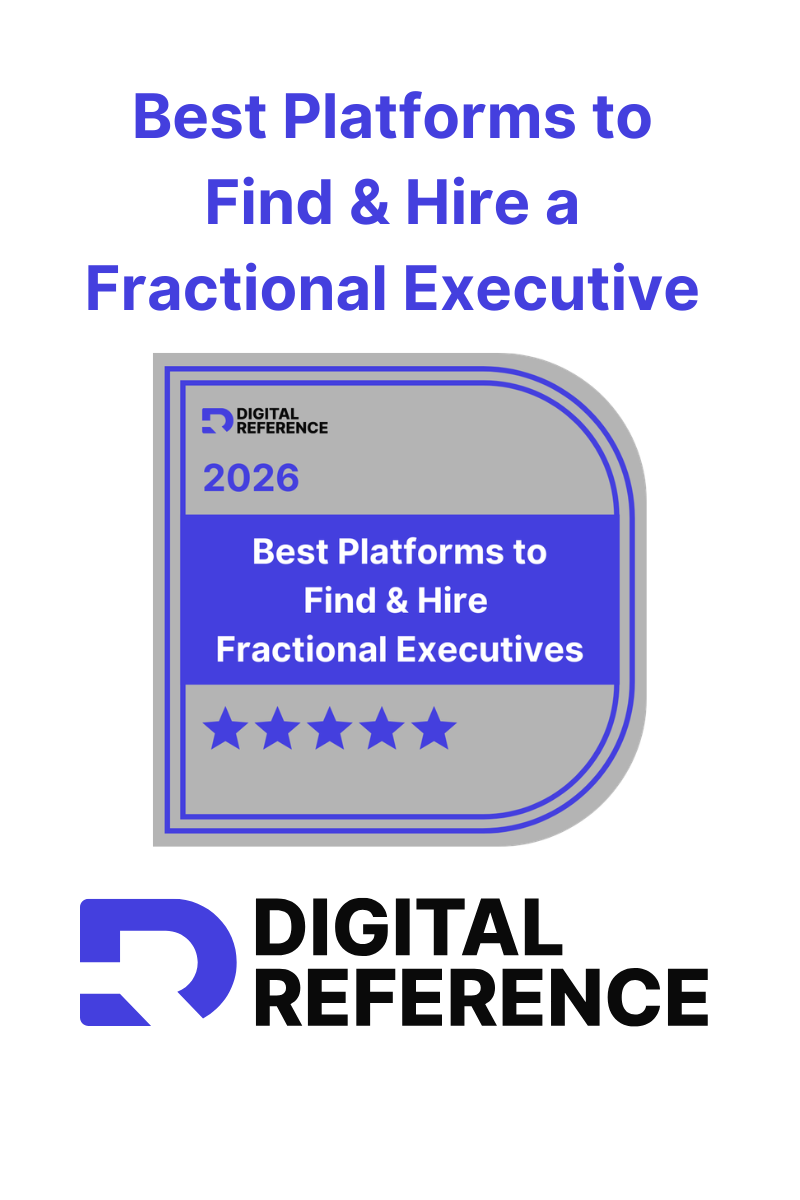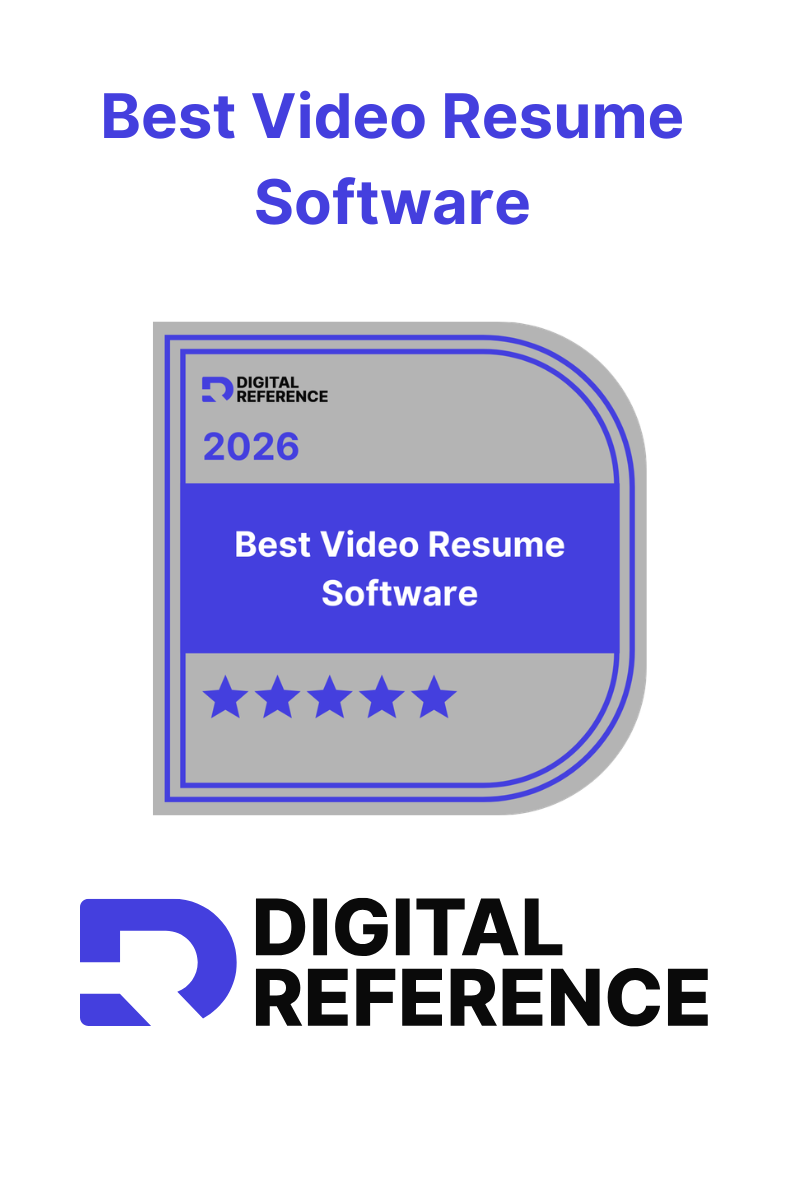The Ultimate Guide to Professional References: What They Are, Why They Matter, and How to Get Started

The Ultimate Guide to Professional References: What They Are, Why They Matter, and How to Get Started
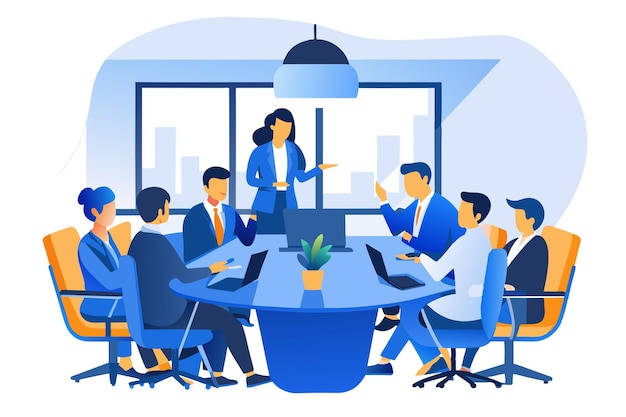
The Ultimate Guide to Professional References
Professional references have always played an important role in hiring, but in today’s fast-moving, remote-friendly, and reputation-driven job market, they matter more than ever.
In the past, references were often seen as a final checkbox at the end of the hiring process. Now, they’re a key part of how employers evaluate not just qualifications, but how someone actually works with others. References offer something different from a polished paper resume: real stories and insights from people who’ve actually worked with you.
But even though references are so important, the process hasn’t changed much in years. It’s still slow, awkward, and often unreliable. Employers are left guessing. Candidates feel stuck.
That’s where Digital Reference comes in.
This guide breaks down everything you need to know about professional references: what they are, why they matter, and how to use them more effectively. We’ll also show you how Digital Reference offers a fresh, modern take on the whole process. Whether you’re job searching or hiring, we’re here to help you get better, more authentic references.
What Is a Professional Reference?
A professional reference is someone who can speak to your work ethic, skills, and performance in a professional setting. This could be a former manager, colleague, professor, or client who has first-hand knowledge of your abilities.
Unlike a personal reference—such as a friend, neighbor, or family member—a professional reference is someone who’s worked with you in a business, academic, or volunteer setting. They can offer insight into how you operate on a team, meet deadlines, communicate with others, solve problems, or take initiative. Ideally, they’ve observed your growth, seen how you handle challenges, and can give honest, informed feedback about your contributions.
Professional references are typically requested by employers during the final stages of the hiring process. At that point, a candidate has usually made it through the resume screening, interviews, and maybe even a skills test. References help employers confirm what they’ve learned—and sometimes reveal what they haven’t. Did you really lead that project? How do you take feedback? Are you someone people enjoy working with?
Hiring managers rely on professional references as a final checkpoint before extending an offer. They validate your experience, ensure consistency with your resume, and often provide insight into how you’ll fit into a company’s culture and workflow. For hiring teams, these reference checks can tip the scale between two strong candidates—or surface red flags that weren’t obvious before.
Bottom line: professional references are more than just a formality. They’re a trusted voice that helps tell the full story of who you are at work.
Why Professional References Still Matter in the Age of AI
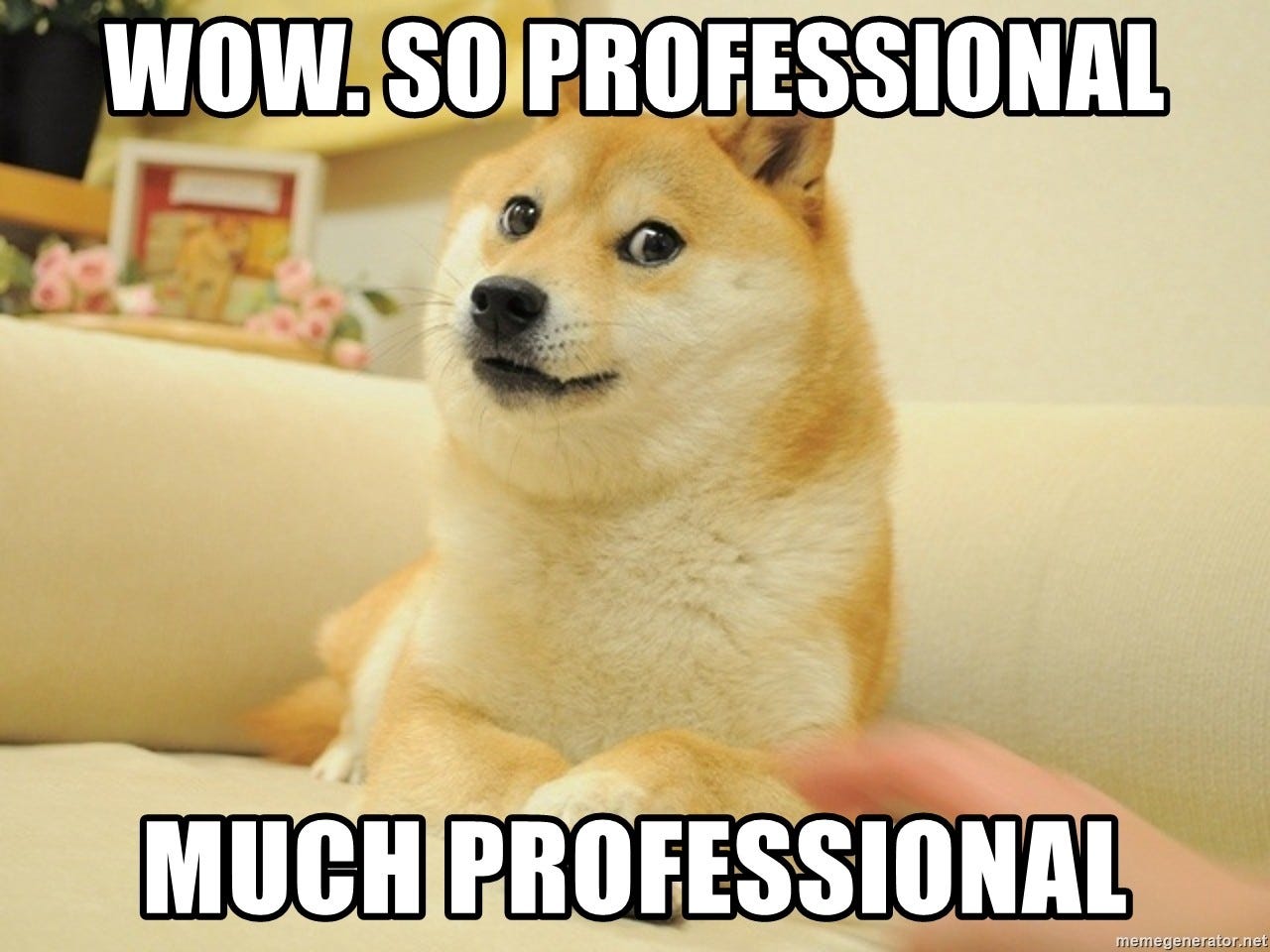
For employers, references are one of the few ways to get a well-rounded picture of a candidate beyond the resume or interview. They help confirm what’s been claimed, but more importantly, they offer insight into how a person actually functions in a workplace. A strong reference can speak to how someone communicates under pressure, works with a team, leads a project, or handles feedback—things that are hard to measure on paper.
References also provide valuable context. For example, a candidate’s resume might say they managed a team, but a reference can explain how they did it: were they collaborative and supportive, or more top-down in their leadership? Did they grow into the role, or were they a natural from day one? For hiring managers trying to choose between top contenders, these details often make the difference.
For jobseekers, professional references are more than a checkbox, they’re an opportunity. In a crowded job market, having someone else vouch for your abilities and character can set you apart. A reference who speaks enthusiastically and specifically about your work can leave a lasting impression that reinforces everything you’ve claimed in your resume, cover letter, or interview.
Strong references also help build your personal brand. Over time, they become long-term assets for your career. Think of them as part of your professional toolkit: relationships you’ve built, experiences you’ve earned, and credibility you can carry forward.
Why Employers Still Rely on References in a Digital Hiring Era
Even with AI-driven tools and structured interviews, employers still want insight from real people. References offer something no algorithm can: context. They speak to soft skills like adaptability, communication, and emotional intelligence that don’t always show up on a resume.
Did the candidate take feedback well? Handle tight deadlines with grace? Contribute to team morale? References answer these questions and help employers distinguish between equally qualified applicants.
In hybrid and remote settings, references also reveal how someone collaborates across teams and time zones. Ultimately, they provide the trust and nuance that tech alone can’t, helping teams hire not just capable people, but the right ones.
Digital Reference: A Modern Solution to an Outdated Process
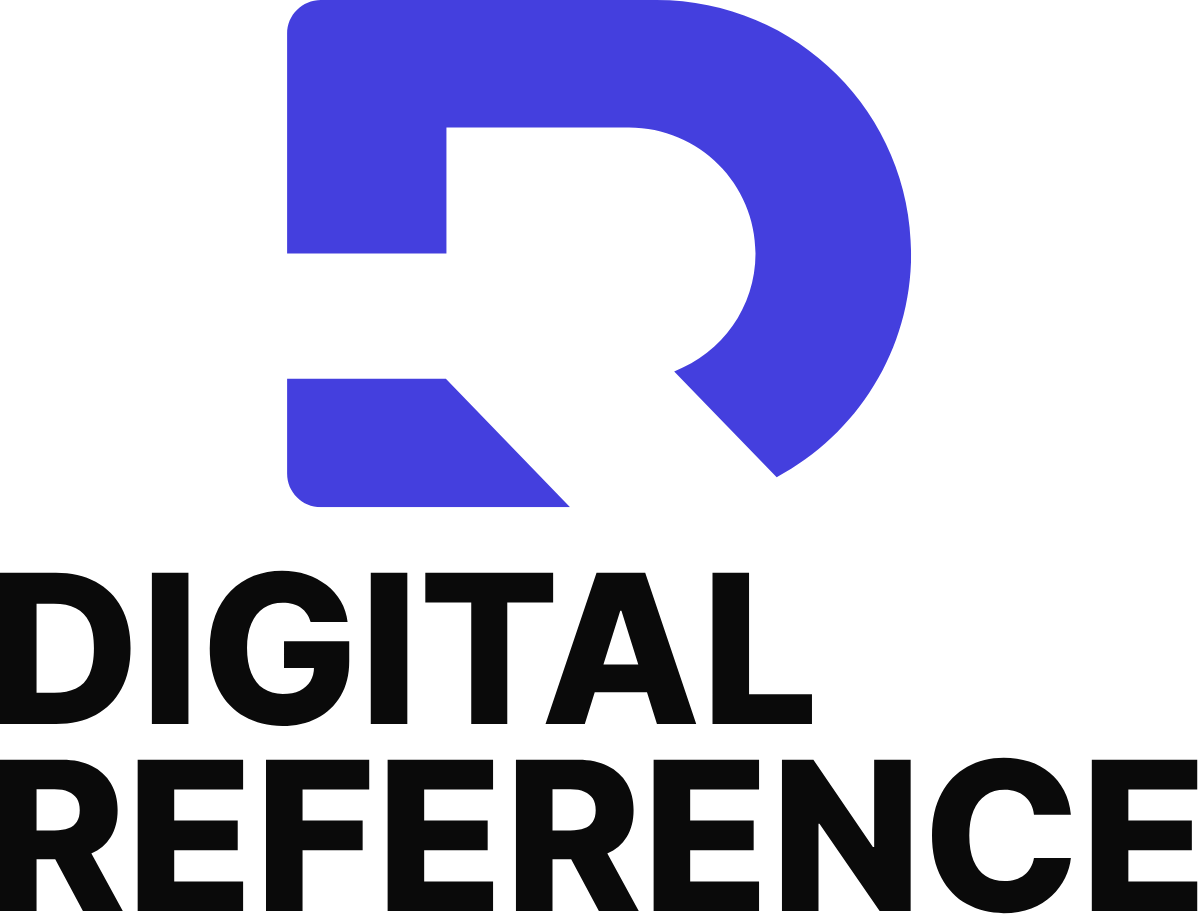
Let’s face it—traditional reference checks haven’t kept up with the modern hiring landscape. They’re slow, inconsistent, and often feel like an afterthought. At Digital Reference, we set out to change that. We believe the reference process should be transparent, efficient, and trustworthy—for both employers and candidates.
Our platform is designed to bring references into the digital age. Instead of relying on back-and-forth phone calls or vague email replies, Digital Reference allows employers and candidates to collect and verify references automatically. We streamline the process using intuitive, customizable templates that help generate thoughtful, relevant feedback—without the guesswork or delays.
One of the biggest problems with traditional references is the risk of fraud or inflated claims. That’s why we built secure identity verification right into the system, helping prevent fake or misleading references before they can influence a hiring decision. This means companies can feel more confident about the people they’re bringing on board—and candidates can showcase references that are verified, consistent, and real.
But we go beyond just checking boxes. Digital Reference creates a full ecosystem of trust that grows over time. By capturing structured, reusable feedback from real working relationships, we help candidates build a strong reference portfolio that supports their career across job changes, promotions, and even freelance or consulting work. And for employers, it’s not just about verifying the past—it’s about making better decisions for the future.
Unlike legacy systems or one-size-fits-all templates, Digital Reference puts authenticity and accountability at the center of every interaction. We’re here to modernize a broken process—and help everyone involved make hiring more human, not less.
Who Should You Ask for a Professional Reference?
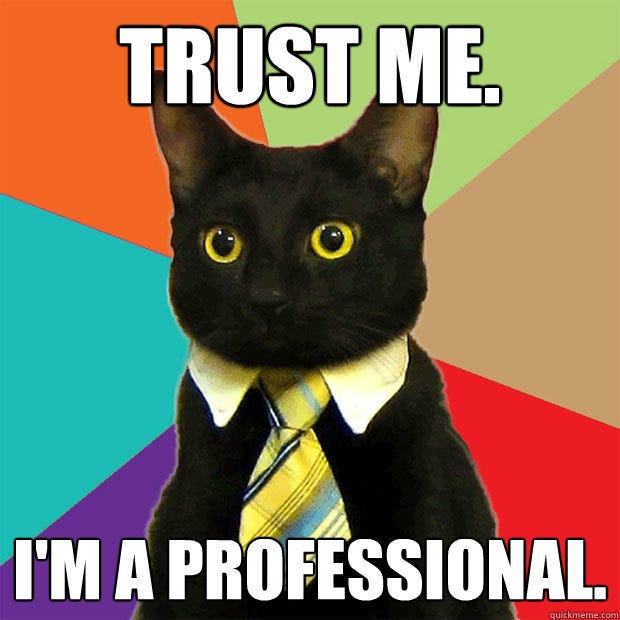
When it comes to choosing the right professional references, quality matters more than quantity. The best references are people who can speak honestly and in detail about your skills, work ethic, and the value you bring to a team or organization.
Here are some great examples of who to ask:
- Direct Managers or Supervisors: They’ve overseen your day-to-day work, evaluated your performance, and can provide a high-level view of your contributions, growth, and professionalism.
- Team Leads or Project Partners: These colleagues can highlight how you collaborate with others, meet deadlines, and contribute to shared goals.
- Mentors or Advisors: If someone has guided your professional development over time, they can speak to your learning mindset, adaptability, and progress.
- Clients or External Stakeholders: For consultants, freelancers, or client-facing roles, external partners can validate your communication skills, service quality, and reliability.
- Professors or Academic Advisors: Especially useful for early-career professionals or recent graduates, these references can discuss your academic achievements, project work, and potential.
Who Not to Ask
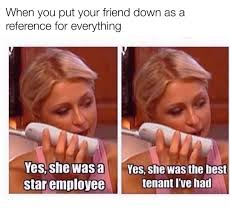
Just as important as knowing who to ask for a professional reference is knowing who not to ask. A reference should add credibility to your application, not raise questions about your judgment or the validity of your experience.
Avoid listing family members or close personal friends. Even if they’ve seen your work ethic up close, employers will see these as biased opinions, not professional evaluations. References should come from people who can speak objectively about your recent performance in a workplace or academic setting.
How to Ask for a Professional Reference
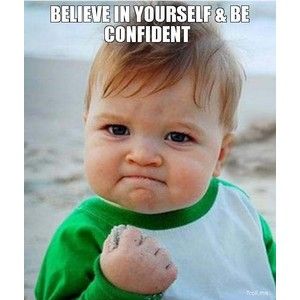
Asking for a reference can feel a little intimidating—but it doesn’t have to be. With the right approach, you can make the process simple, respectful, and even rewarding for both you and your reference.
Start by choosing the right person based on the role you’re applying for. For example, if you’re applying for a project management role, you’ll want someone who saw you lead projects or coordinate with teams—not just someone who liked working with you.
Once you’ve picked the right person, reach out early. Don’t wait until the employer is asking for references to start the conversation. Give your contact plenty of time to respond and prepare. Let them know why you’re reaching out, what kind of role you’re pursuing, and why you thought of them as a good reference.
Throughout the hiring process, keep your reference in the loop. If you know they’ll be contacted, give them a heads-up about who might be reaching out and when. The more context they have, the stronger and more tailored their reference will be.
And don’t forget the most important part: always say thank you. Whether or not you land the job, expressing gratitude goes a long way in terms of professionalism and future opportunities.
At Digital Reference, we simplify this step even more. Our platform includes pre-written templates and automated outreach tools that make it easy to request and collect references. It’s a faster, smoother way to get the feedback you need while respecting everyone’s time.
Formatting a Reference List
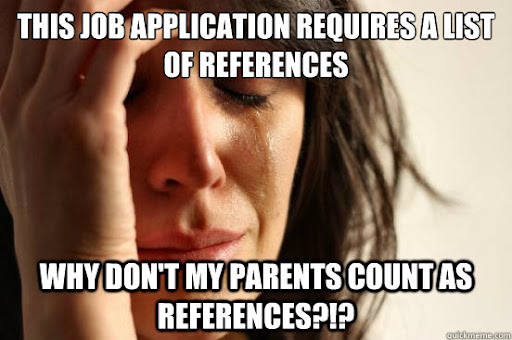
Once you’ve secured your references, it’s important to present them in a clear, professional format—especially if an employer requests a formal reference list during the hiring process.
A standard reference list should include the following for each person:
- Full Name
- Job Title
- Company or Organization
- Your Relationship to Them (e.g., Former Supervisor, Project Teammate, Mentor)
- Contact Information (typically email and/or phone number)
Each reference should be listed on its own line or paragraph for easy reading. Keep the formatting clean and consistent, and make sure you have permission from each reference to share their contact details. If you’re submitting the list as a standalone document, use the same header as your resume (name, contact info) so everything feels cohesive.
Here’s a simple example:
Jane Smith
Senior Marketing Manager, Acme Corp
Former Supervisor
[email protected] | (555) 123-4567
If you have more than one reference, list them in order of relevance to the job you're applying for.
How Employers Use References (and How Digital Reference Helps)
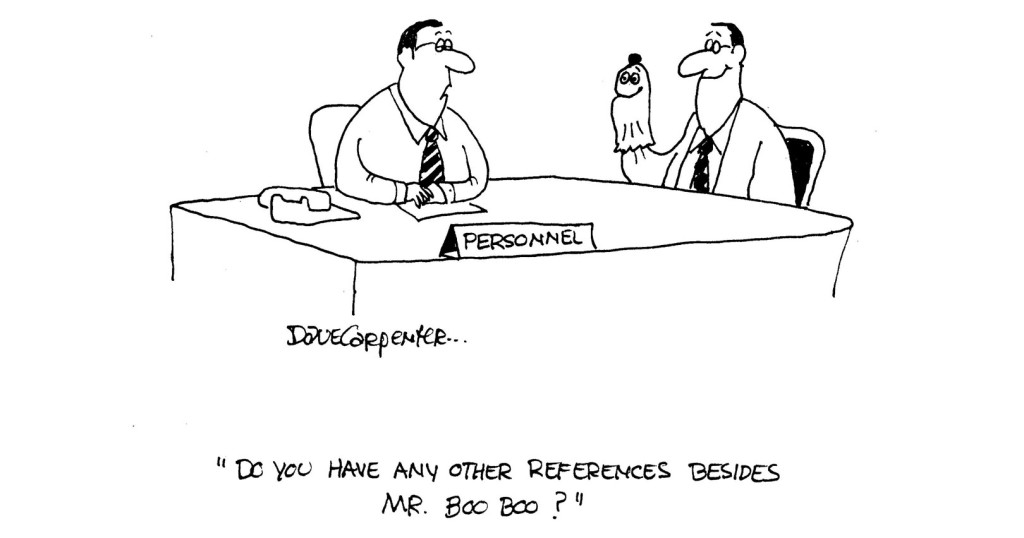
Employers use references to go beyond what’s written on a resume or said in an interview. It’s their chance to confirm key parts of a candidate’s work history, get a feel for their soft skills, and see whether the person they interviewed truly matches how others experienced them on the job.
Traditionally, this process involves phone calls or email exchanges with former supervisors or colleagues. Employers ask questions like: Did they show up on time? Were they a team player? How did they handle deadlines or feedback? These insights help hiring managers make more informed, confident decisions—especially when narrowing down final candidates.
But here’s the problem: the traditional reference process is often inconsistent and inefficient. Sometimes references are hard to reach. Other times, the feedback is too vague to be useful—or overly glowing to the point of being unhelpful. There’s also the risk of inaccurate or even fraudulent references, especially when information is collected informally without verification.
Digital Reference solves these challenges with a modern, streamlined approach.
Instead of relying on open-ended calls or informal emails, our platform uses structured, role-specific questionnaires to collect meaningful, actionable feedback. Employers get the insights they need—on collaboration, leadership, adaptability, and more—without having to chase down contacts or interpret unclear responses.
We also provide real-time dashboards, so hiring teams can view and compare candidate references in one central place. No more digging through email threads or trying to remember who said what. It’s organized, accessible, and easy to share internally when making final decisions.
And to top it off, Digital Reference includes built-in verification tools to ensure that references are legitimate. From secure identity checks to standardized templates, we help prevent fraud and keep the process fair and trustworthy for everyone involved.
For hiring teams, this means better decisions made faster. For candidates, it means your references finally work as hard as you do.
Legal & Privacy Considerations Surrounding Professional References
When it comes to professional references, there are important legal and privacy responsibilities to keep in mind. Whether you're the one requesting or giving a reference, following best practices helps protect everyone involved.
First and foremost, always ask for permission before listing someone as a reference. Even if you’re confident they’ll say great things, you should never assume they’re available or willing to provide a reference without asking in advance.
Be mindful of how reference information is collected and shared. Contact details, job history, and feedback should all be handled securely.
If you’re giving a reference, it’s just as important to strike the right balance. Be honest, but professional. Focus on what you directly observed, stick to the facts, and avoid making assumptions about things like performance in roles you didn’t oversee.
The Digital Reference platform is designed with privacy, security, and legal compliance in mind. We build these best practices directly into our workflows—ensuring that permission is always obtained, reference data is securely stored and shared, and everyone involved understands their role in the process.
By standardizing how references are collected and used, we help reduce risk and promote a culture of transparency, trust, and professionalism; exactly what modern hiring should look like.
Digital Reference vs. Traditional Methods
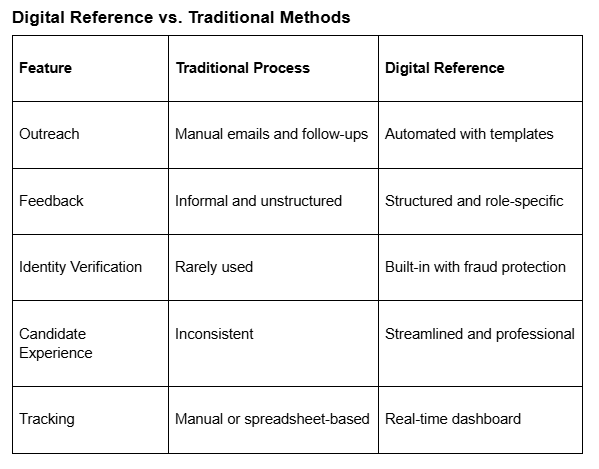
Conclusion: Rebuilding Trust in the Hiring Process
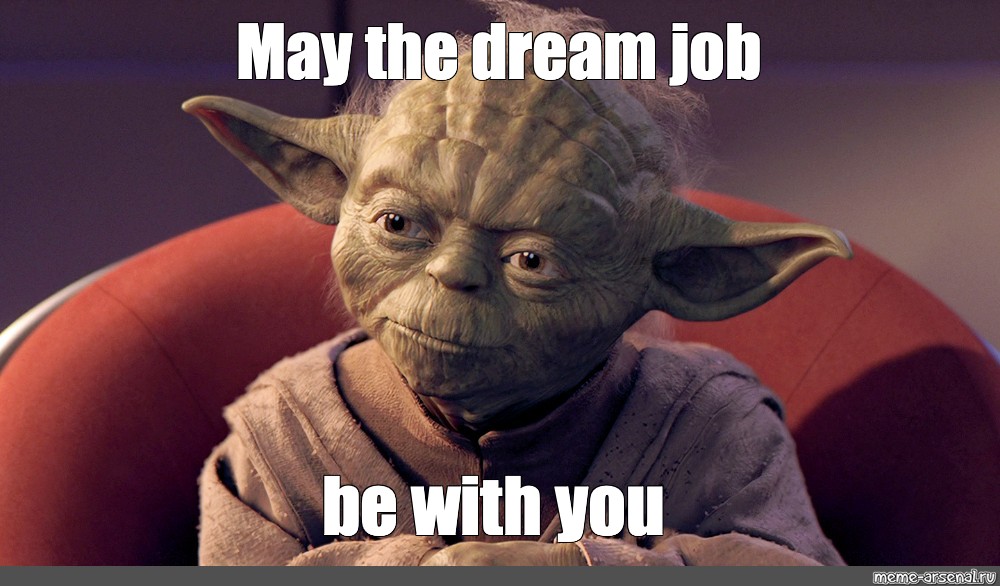
Professional references aren’t just a final checkbox—they’re one of the few genuine insights into how a person actually performs on the job. They reveal how someone communicates, collaborates, leads, and handles challenges. In an era where so much of the hiring process is driven by resumes, algorithms, and polished LinkedIn profiles, references offer something rare: real human feedback.
Unfortunately, the traditional reference process hasn’t kept up. It’s often clunky, outdated, and too many candidates miss the chance to tell their story through the voices of people who’ve worked with them.
That’s why Digital Reference was created.
We’re rebuilding trust in the hiring process by modernizing how references are collected, verified, and shared. Our tools make it easier for employers to get honest, structured feedback—faster and more securely. And for candidates, we make it simpler to showcase the value they bring to a team, with references that speak to their real-world impact.
Whether you’re a hiring manager trying to make the right call, or a jobseeker looking to stand out in a competitive field, professional references can be a powerful tool. Ready to streamline your reference process with Digital Reference?
💡 More Resources for Job Seekers & Modern Professionals
Looking to take your job search, hiring process, or personal brand to the next level? Check out these related guides and insights from Digital Reference:
🔍 Understanding the Power of Professional References
- Why Professional References Matter More Than Ever
- The Importance of Professional References
- Collecting Professional References: The Do's and Don'ts
- Best Tools for Collecting Professional References
- The Best Professional Reputation Management Tool
🎯 Elevate Your Personal Brand
- The Ultimate Guide to Video Resumes
- Radical Authenticity: Bridging Brené Brown's Insights with Digital Reference's Mission
🚀 Rethinking the Resume
💼 For the Bold & Independent
Subscribe to our newsletter
We'd love to have you follow our journey, learn about to new features and functionality, and get access to talent ecosystem news.

.jpeg)
